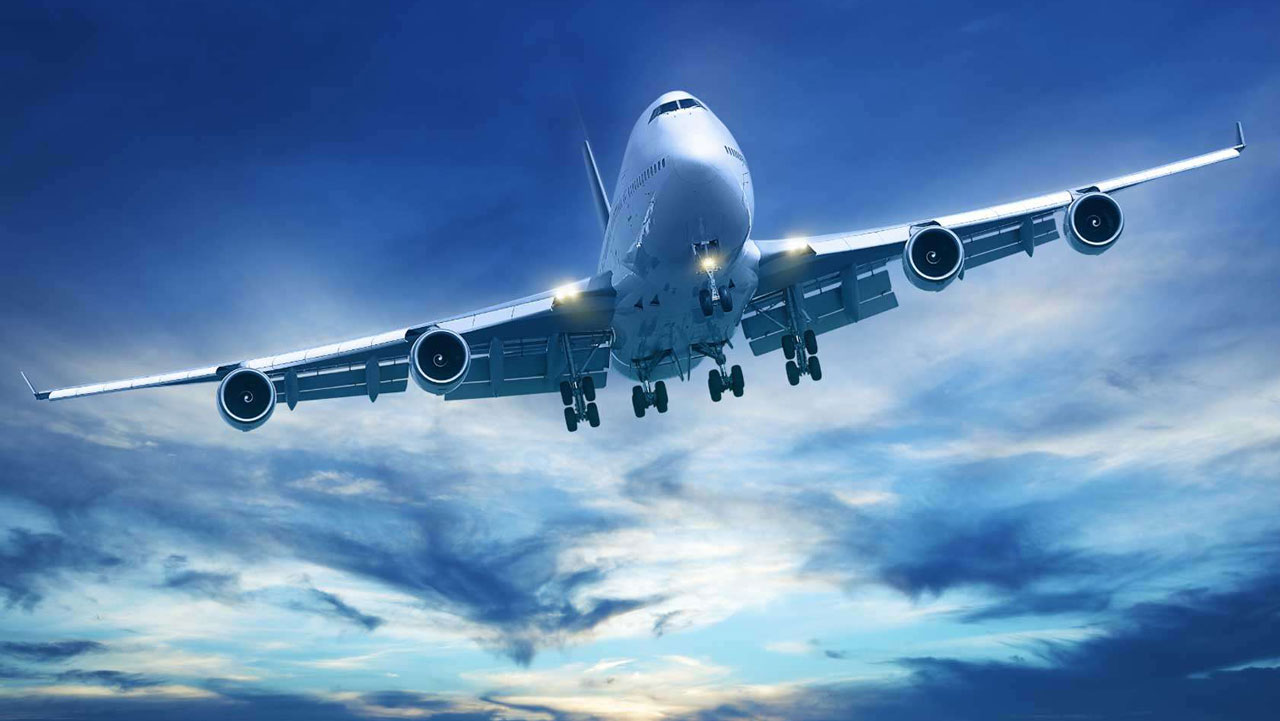Global airlines celebrated the 20th anniversary of the IATA Operational Safety Audit (IOSA) at the IATA World Safety and Operations Conference in Hanoi, Vietnam. Over the past two decades, IOSA has significantly enhanced safety while streamlining redundant audits.
Nick Careen, IATA’s Senior Vice President of Operations, Safety, and Security, emphasized that IOSA’s value extends beyond IATA membership, with over 100 non-IATA member airlines recognizing its benefits.
Furthermore, more than 40 governments are already utilizing or considering IOSA in their safety oversight programs, underscoring its positive impact. Aggregate safety data reveals that airlines on the IOSA registry consistently exhibit lower accident rates than non-registered carriers. Since 2005, registered airlines boast an all-accident rate of 1.40 per million sectors compared to 3.49 for non-registered counterparts.
In 2022, IOSA-registered carriers achieved a four-fold safety advantage over non-registered airlines, with 0.70 accidents per million sectors compared to 2.82. To further enhance aviation safety, IATA called upon regulators to acknowledge IOSA as the global standard for airline operational safety and integrate it into their regulatory oversight programs. Additionally, IATA encouraged airlines not yet on the IOSA registry to join. Presently, there are 417 operators on the IOSA registry, including 107 non-IATA members.
It’s noteworthy that IOSA was initiated in September 2003, with Qatar Airways being the pioneering airline to undergo the audit and join the IOSA Registry. Since 2006, IOSA has been a mandatory requirement for IATA membership and is also integral to membership in major global airline alliances and regional airline associations. Many countries’ regulators rely on IOSA to complement their safety oversight initiatives and validate operational safety for airline codeshare agreements.
IOSA audits evaluate airlines’ adherence to IOSA standards and recommended practices (ISARPs), aligning with internationally agreed standards set by the International Civil Aviation Organization (ICAO). Collaboratively developed with aviation regulatory bodies like Australia’s Civil Aviation Safety Authority (CASA), the European Union Aviation Safety Agency (EASA), the U.S. Federal Aviation Administration (FAA), and Transport Canada, IOSA ensures robust safety measures.
In recent developments, IATA has transitioned IOSA into a risk-based model, tailoring audits to an operator’s profile and emphasizing high-risk areas. This evolution includes assessing the maturity of an airline’s safety-critical systems and programs.
Nick Careen emphasized that IOSA remains the globally recognized standard for airline operational safety auditing, now evolving to provide even greater value by customizing audits and focusing on high-risk aspects. The hope is that more airlines will recognize the program’s value, and governments will formalize its role in safety oversight.




